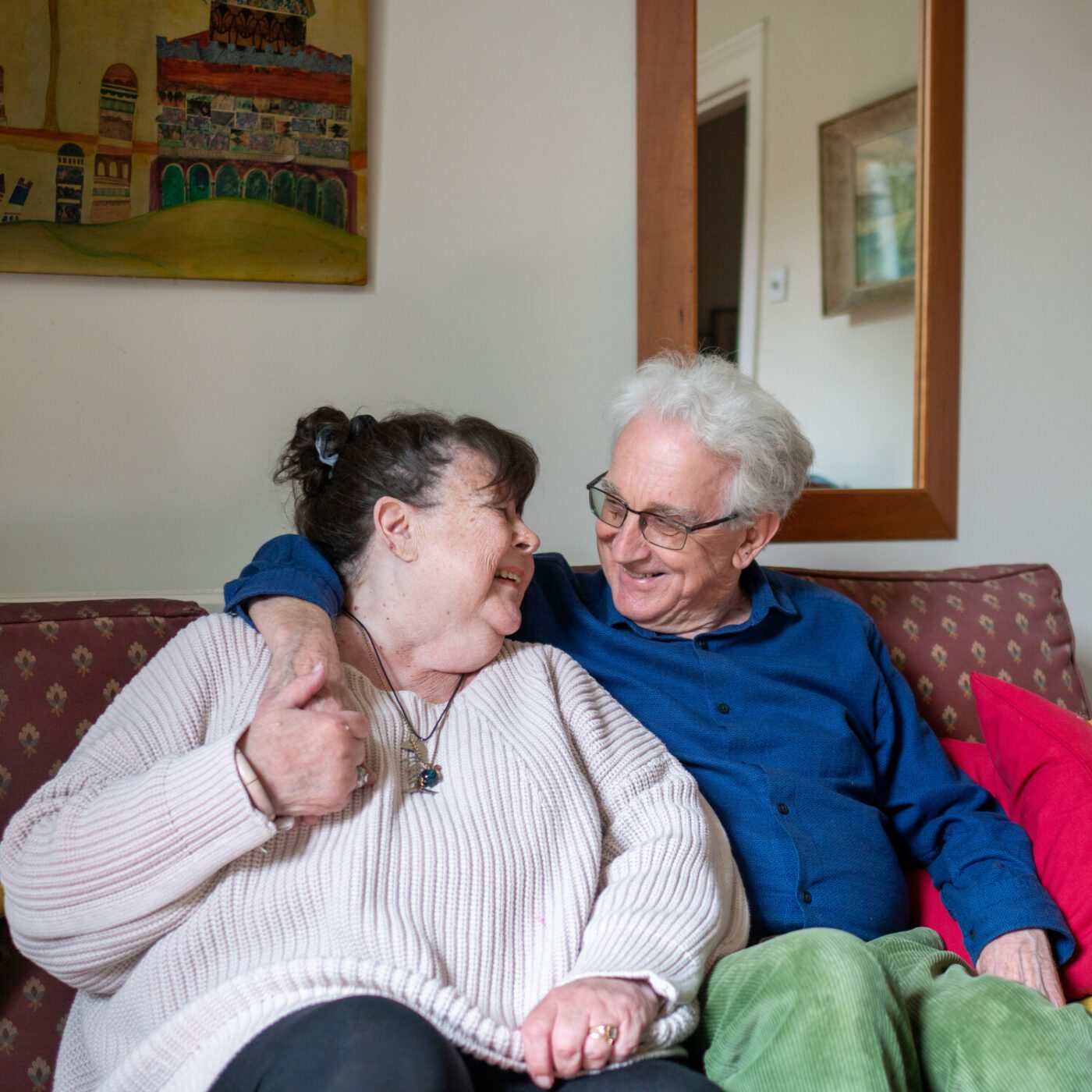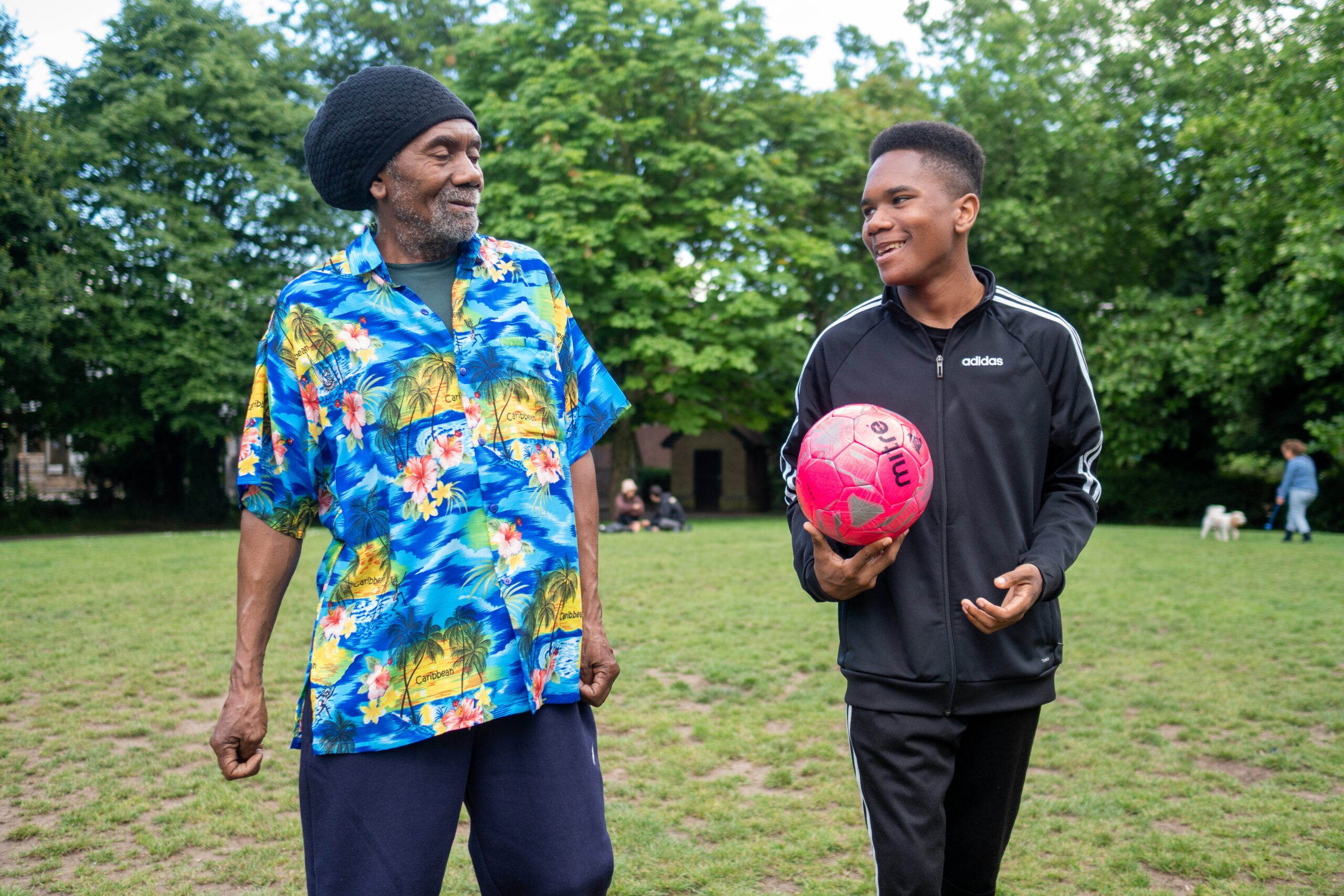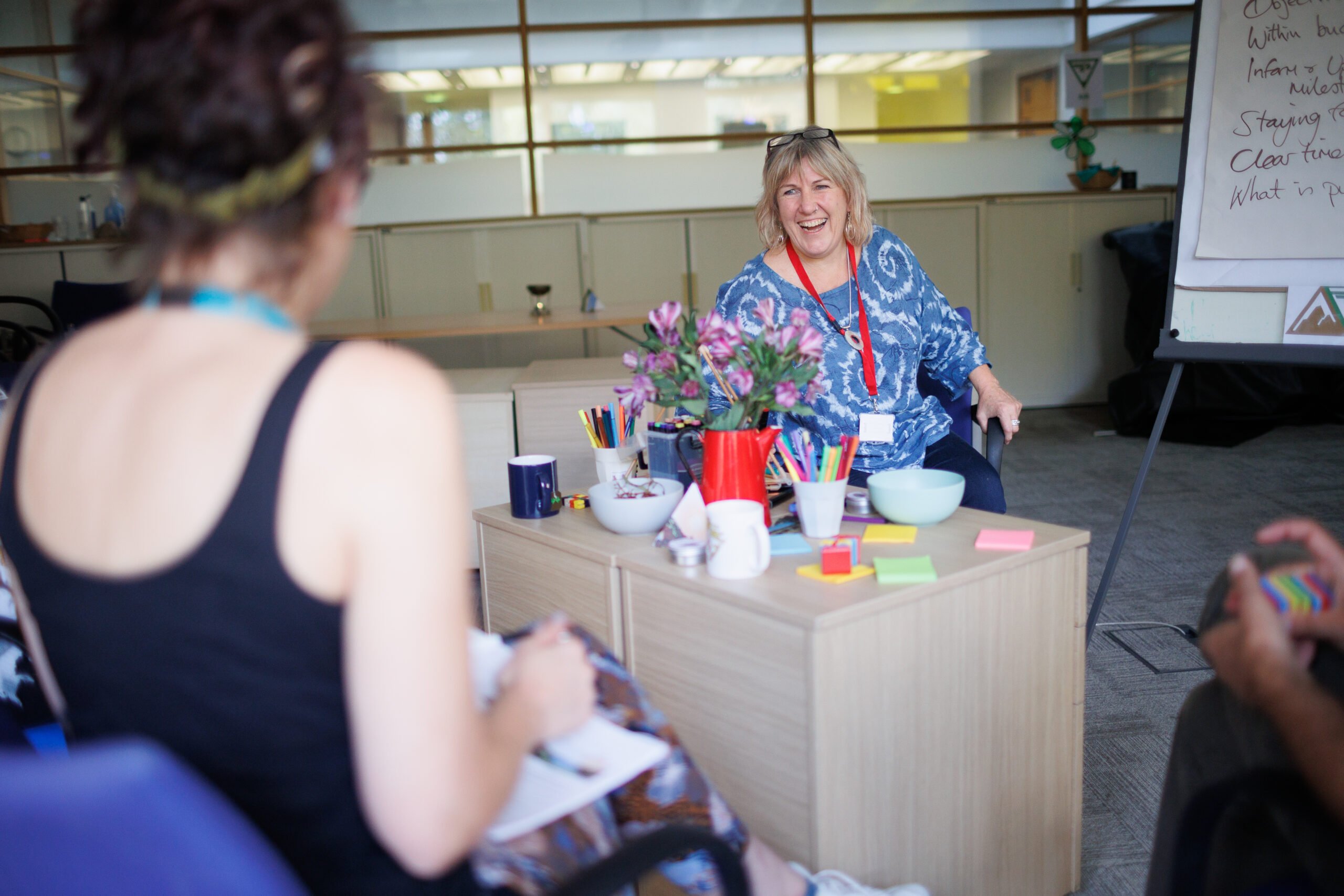Time to talk day
Tags
Articles
What is Time to talk day?
Time to talk day is dedicated to Mental health conversation to help end stigma and help people live better lives.
Officially organised by Mind charity, the day happens every year and aims to get families, friends, communities and work colleagues together to talk and listen. Mental health issues shouldn’t have to be something we’re quiet about.
Why talking is important.
Talking isn’t always easy for everyone. Some people have been taught by society that sharing our concerns is a sign of weakness – yet it’s known that holding our emotions and worries in can encourage poor mental health and negatively affect physical health conditions too. Yet, one in four of us will experience a mental health problem in any given year, but there still is this fear that if we tell people, we will be seen differently.
Dedicating a day to make a conscious effort to check in on someone may help change a life, and let the person know that they’re not alone. Having conversations allows people to share the burden – as it’s said, “A problem shared, is a problem halved”. Plus, having conversations with the intention of being kind and giving a helping hand not only will support someone else’s mental health but also your own. Being kind is known to boost our mood, help us feel more capable of social activity, and connecting with others helps us cope better with stress.

How to talk about mental health
There isn’t one standard way to talk about mental health, but here is some help and advice.
When and where
If you can talk in person, conversations are often less daunting and more manageable when side by side, rather than face-to-face, and while you’re doing something else. Make activity plans. Go for a walk and talk. Make lunch or tidy together, and make the mental health chat feel casual.
Ask open questions and listen to the answers
Asking questions can give people the invitation to talk about their feelings and what they’re going through, but make sure questions are open-ended and non-judgemental. Once you’ve asked a question, make sure you’re actively listening to the answer rather than thinking of the next thing to say.
Be patient
If you’ve tried to reach out to someone and offered to talk about the tough stuff, but they’re not ready to talk, don’t try to pressure them – you can’t make them ready to speak. However, you have made the first step in letting them know you’re a safe person they can turn to when they’re ready.
You can’t fix everything
When we see someone we care about having a hard time, it’s natural for us to think of all the ways we can make it better for them. However, try to avoid suggesting quick fixes and solutions. It’s very likely they’ve already thought about all these things, but recovering from or managing a mental health problem is often a long, non-linear process.
Don’t act differently
Don’t forget, just because someone has opened up to you about their mental health doesn’t mean you should treat them differently or that they want you to – they’re still the same person you’ve always known. All you have to do is still be their friend and someone who is there when they need it.

Mental Health Tips
We can all try and protect our mental health with the same importance as we do our physical health.
Go outside
Humans have lived in nature among animals and plants longer than we have lived inside houses and flats, so it makes sense that we feel calm and less alone when surrounding ourselves with nature. Take at least twenty minutes a day to walk or sit outside.
Try to get a substantial sleep routine
We all know what a lack of sleep can do to our emotions and body, and how great it feels to finally get to sleep without disturbance for more than six hours.
Adults should have between seven to nine hours a night to allow their bodies to recover properly and prepare for the next day.
If you struggle to sleep, there are a few things you could try in order to improve the number of hours you get:
Start a relaxing routine before you get to sleep to allow yourself to wind down; this includes avoiding TV and mobile screens for an hour before you sleep, and don’t drink alcohol or caffeine(it’s often said not to have any caffeine after midday or within ten hours before you sleep). Also, try and get ready for bed at the same time everyday night, with the intention to get up at a set time – this allows you to properly plan how many hours you will get, plus your body will get used to the routine.
Drink plenty of water and eat healthily
Not only are food and water critical for our physical health, but also our mental health. Drinks and food high in sugar can give us temporary highs and comfort, but the effects are short and can often leave us feeling tired or anxious. Eating a balanced diet with fruit and vegetables, and drinking plenty of water, allows our body to get all the essential vitamins and keep our body working well.
Exercise
Our bodies are designed to move. From walking the dog, cleaning, dancing or going to the gym, physical activity can help us feel better. Exercise releases hormones that make us feel good, reducing stress, sadness and anger.
Plan ahead
When you’re feeling low, this may feel daunting and pointless, however, things to look forward to are something positive to focus on. Your plan could be something small, like scheduling a time to watch your favourite TV show or planning a day out with friends and family. Having something to be prepared for in the future often helps us get through difficult situations.
These mental health tips are common suggestions and ways many people have found correlations with improved mental health. You may have tried these things already. Maybe they haven’t worked for you – but there can be other solutions for you. If you have mental health concerns, reach out to a health professional or a mental health service for help.

Talking Therapy
During Time to Talk day, it’s worth discussing the benefits of talking therapy. Talking to a trained professional, who is not a friend or family member, and will not judge you, can help in dealing with mental health challenges.
The therapist or counsellor is there for you to have time to talk about anything without judgement. It’s a time to hear your problems out loud and try to rationalise through them, rather than holding them in or expressing them to someone who may be critical of you.
Therapy sessions are usually done in person, face-to-face, but today the option for video therapy meetings or phone calls are becoming popular accessible options.
Therapy can also be done in anonymous groups, or therapy for couples to work on their relationships, known as couples therapy.
The main aim of all therapy is to help you feel better. Many say therapy doesn’t fix their problems, but it helps them vent, work out possible solutions and make life a little easier to cope with.
Who would benefit from talking therapy?
Many people use therapy for their mental health care all the time, whether to help with mental health conditions or gain health benefits. Some people use talking therapy just because it’s always a safe space to talk about anything or everything without judgement and can improve quality of life. However, many people benefit from therapy when difficult life events happen, such as the passing of a loved one or the end of a long-term relationship. Therapy may also help if you’re still negatively affected by past events – talking about it can help you understand why it still affects you and find a safe time to explore the negative impact it has.
There are many other reasons why you can have talking therapy, but it doesn’t have to be the last resort in a mental health crisis – it’s always good to talk to someone.

Raising awareness on Time to talk day
On Time to Talk awareness day, you don't have to organise a big event to make an impact and get people talking. Every little gesture that lets someone know you're there to talk will make a difference. Check-in with a friend, send a little text, host a lunch and learn at work, organise a coffee morning in your community or put up some posters about the day and mental health care. Any of these actions or more can help towards letting people know there are supportive communities and aid the steps towards ending mental health stigma. Whatever it is, it's good to let at least one person know that you care.
Read our latest blogs
Browse the latest blogs and tips on living well in later life.